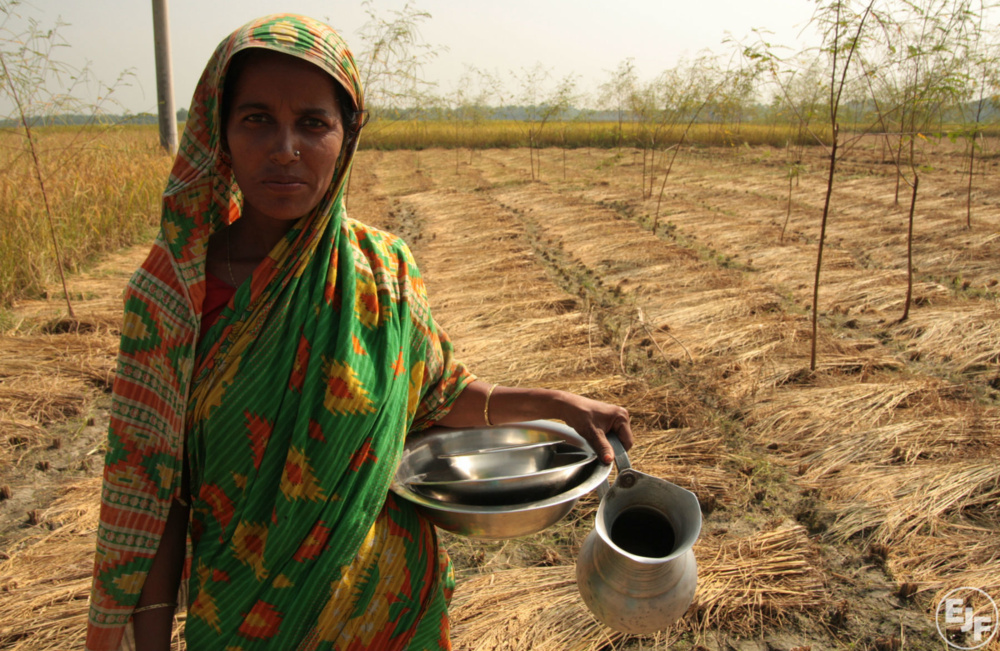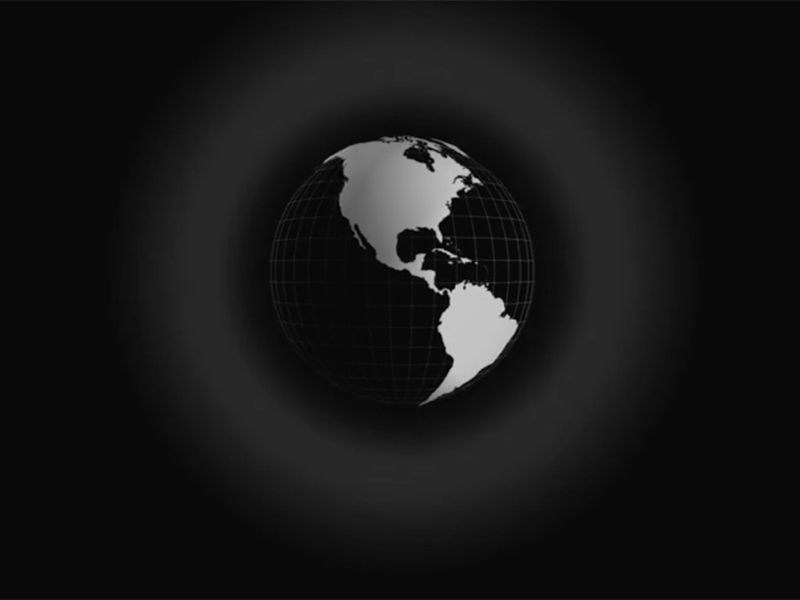
Irma, Harvey and floods in South Asia proves yet again that we urgently need to act on climate change
Climate change is causing suffering around the world. Storm Harvey, floods in South Asia and mudslides in Sierra Leone are all the types of weather events that are becoming increasingly common. Now, Hurricane Irma is devastating the Caribbean and is heading towards Florida.
Climate change is causing more and stronger weather events
Climate change will bring more severe and more frequent extreme weather events. As the oceans warm a number of consequences will be seen. Storms that might normally lose power before they hit land will gain power and intensity. Temperatures will rise making some places uninhabitable for both people and wildlife. Wildfires will grow in scale and ferocity and sea-level rises will submerge some of the most densely populated parts of our planet.
These weather events are examples of how climate change will, and is already, affecting the everyday lives of people - no matter who they are and where they come from, from richest to poorest.
But it is still vital we remember that those who have contributed least to climate change will be among those impacted first and worst – including those who are suffering right now in the Caribbean.
If unchecked, some predict that climate change could draw up to 720 million people back into extreme poverty and create millions of climate refugees as floods, heatwaves and storms cause crops to fail, systems to collapse and many are forced to leave their homes.
Harvey was downgraded to a tropical storm, but it is still the most extreme rain event in US history. Some areas in Texas experienced more than 50 inches, nearly one and a half meters, of rain over four days. Thousands of people have been forced to flee and at least 70 have lost their lives – this in the world’s richest, most powerful nation.
Harvey was not a surprise and the next deadly and devastating storm won’t be either. Since 1970, the number of disasters worldwide has quadrupled.
We need to combat climate change now. We each have a role to play, taking action individually while demanding Governments and businesses fulfill their responsibilities, delivering the leadership and innovation that is essential if we are to avoid catastrophic outcomes.
Climate change will affect us all – but we can still avoid the worst outcomes
It does not have to be this way. Climate change can be limited, and doing this can help prevent an escalation of the devastating effects people are feeling all over the world. Yes, storms like Harvey and Irma will still occur, but the increasingly extreme weather events science predicts in the absence of action can still be avoided.
Climate change is creating refugees
Climate change is affecting all of us, yet the most devastating impacts are commonly felt by the world’s most vulnerable communities and people. These vulnerable communities are the ones that have contributed least to climate change and they are also those who most commonly are being forced from their homes, those who are forced into becoming climate refugees.
EJF’s defines climate refugees as: “persons or groups of persons who, for reasons of sudden or progressive climate-related change in the environment that adversely affects their lives or living conditions, are obliged to leave their habitual homes either temporarily or permanently, and who move either within their country or abroad”
Since 2008 an average of 21.7 million people were displaced every year because of extreme weather events. Others are suffering due to the slower impacts of long-term drought or sea-level rise.
Climate change is a security issue
Climate change threatens us and our environment. As the natural world buckles under the impact and our security is impacted, other broader threats may magnify and multiply.
As millions are forced from their land, will we be able to cope with the mass migrations and clamor for safe refuge and support? As displaced peoples cross national borders in increasing numbers the fundamental need to have adequate systems to support them, to respond, to ensure that conflict and division does not emerge, is as obvious as it is pressing.
Yes, our work to combat climate change must address melting glaciers and the protection of polar bears, but we must also address the threats to our individual and collective security – to resisting conflict, ensuring peace and protecting the human rights of all those caught up in the storms of a warming planet.
EJF has collected hard evidence, it has formed compelling arguments and canvassed expert opinion from around the world to show how climate change is acting as a catalyst for conflict and instability – and to show the solutions.
Climate change needs action now
In October, we will be releasing a new report to take to world leaders and show them how significant this issue is. We will be highlighting the risks to security that unchecked climate change will cause, and demanding protection for climate refugees.
These discussions need to start now. Please join in. Join us.
SIGN UP FOR OUR EMAILS AND STAY UP TO DATE WITH EJF

